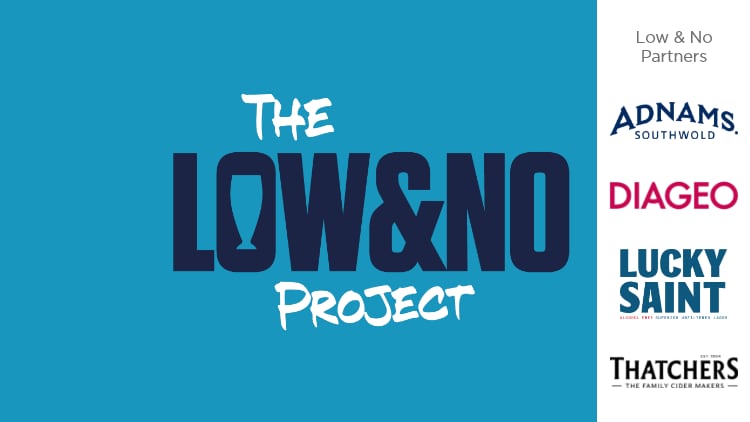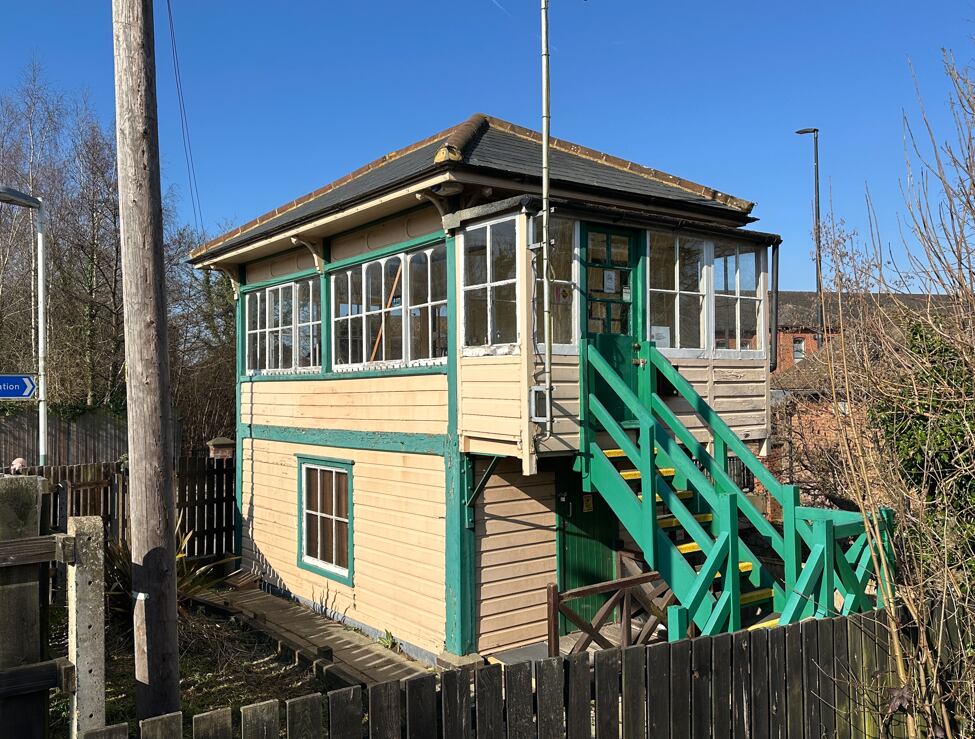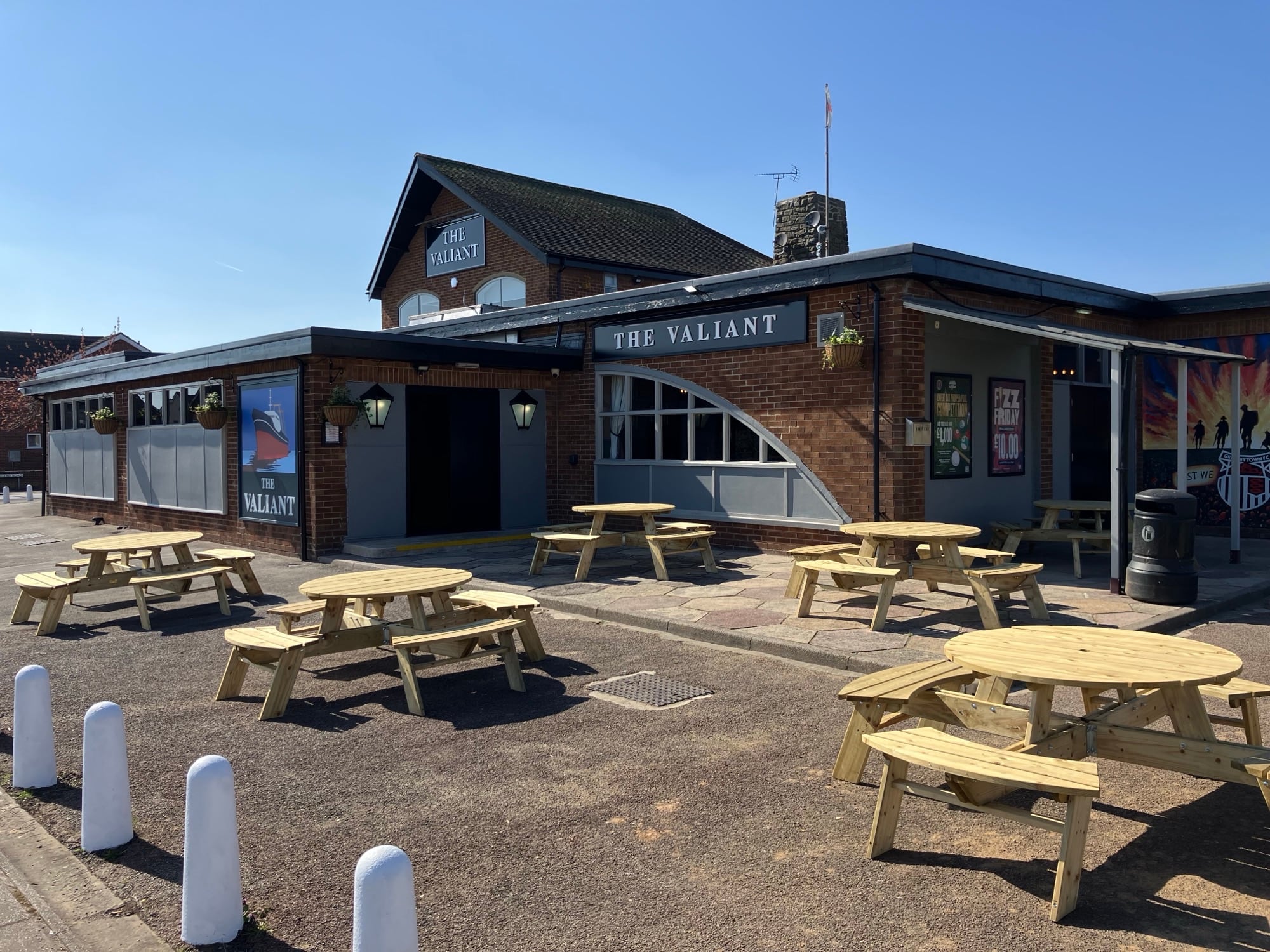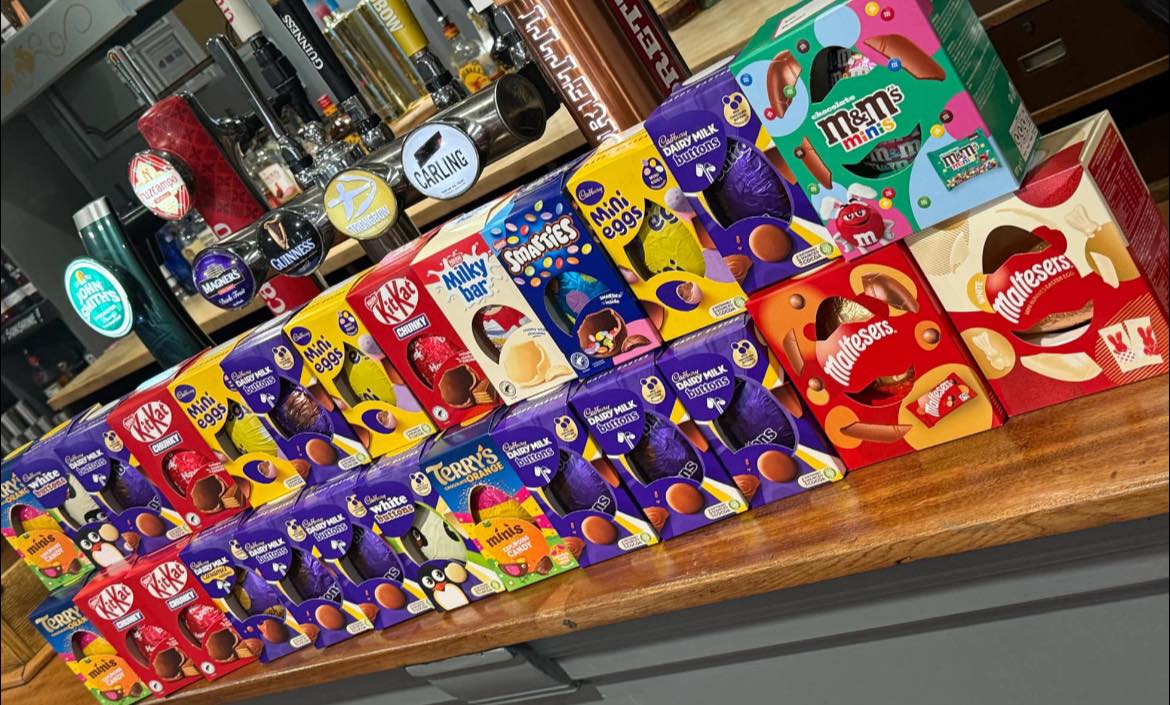A panel of top-level Heineken chiefs – Jules Macken, global innovation director; Willem van Waesberghe, master brewer; and Will Rice, on-trade director – met to talk about Heineken 0.0’s achievement of installing draught taps of the alcohol-free beer at 1,000 UK pubs.
The discussion took place at Star Pubs’ (Heineken’s pub operating arm) site, the Two Bridges, in London Bridge on Thursday 10 April.
Rice said: “We launched 0.0 in bottles in 2015/16 and it’s a fantastic bottle but they all live behind fridge doors while the vast majority of UK serves – seven out of 10 or about 85% of volume sales are made from the front bar in pints where you’re going to really interact with consumers and pubcos, that’s where you need to be but that’s not easy.
“A couple of years ago we entered two of the most famous pubs in the country in the Rovers Return and the Woolpack (both are pubs in television shows Coronation Street and Emmerdale, respectively) and putting our 0.0 on the front of the bar shows the customer it’s OK to have a pint of it and do away with the stigma.
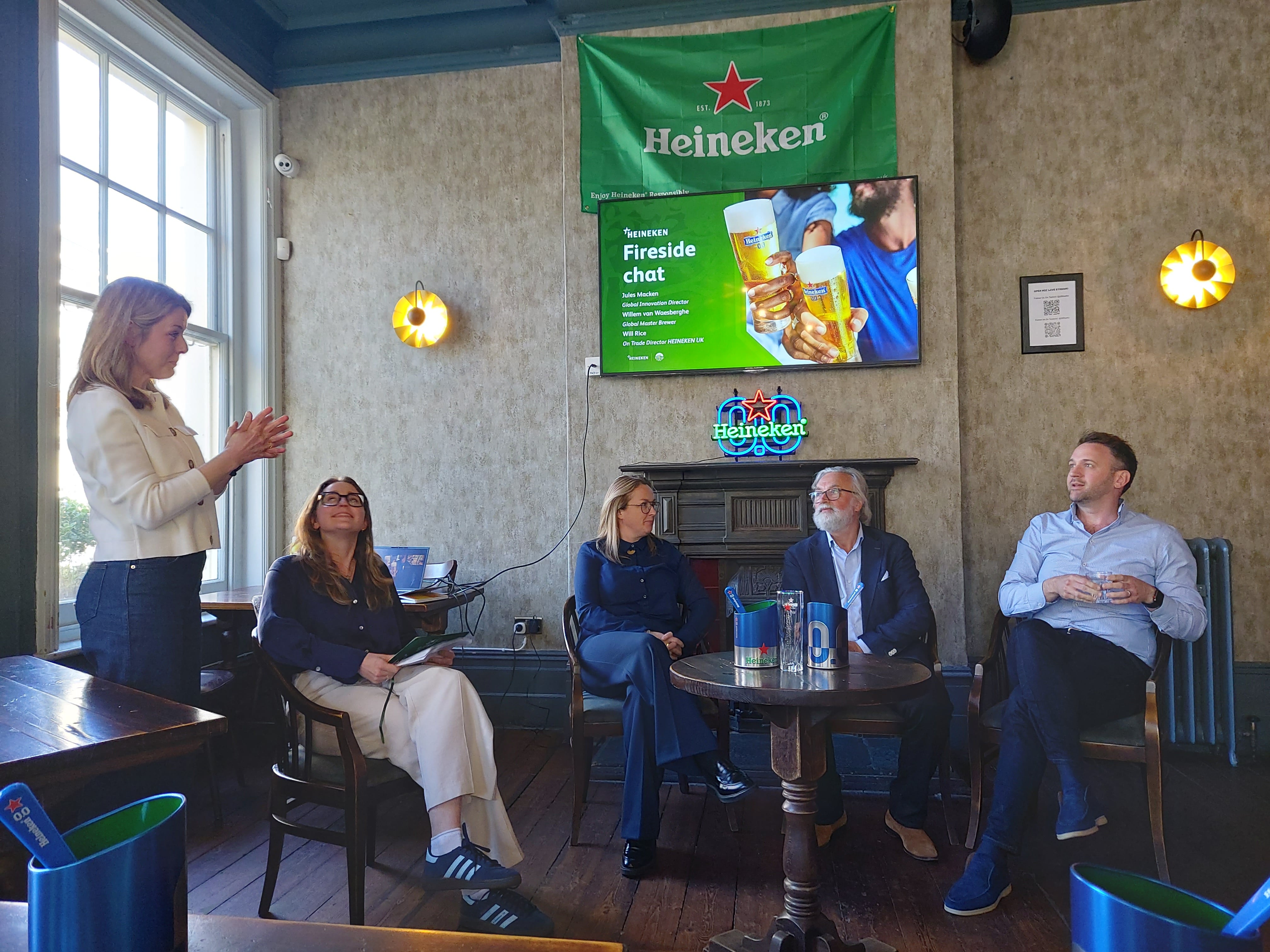
“Having a suitable choice with 0.0 is one you’ve got to get right and the second is stigma. Up until now, drinking a 0.0 made someone stand out but it’s about normalising that and about having brand ambassadors, such as Gareth Bale.
“Bale – who is synonymous with UK football culture – doesn’t drink alcohol so to have him having a Heineken 0.0 in a pint format me while standing in a group is super important.”
He added being able to deliver that, technically, is really quite challenging because if the beer sits in the line, it can go from 0.0 to 0.5% or higher and that destroys the point of having zero alcohol.
Macken added: “The quality of the experience really matters and is the reason to have a second beer.
“On draught, in particular, it allows people just to sit and be part of an occasion with so it really is surpassing our expectations and we’re rolling it out on draught in multiple markets. We’re coming up on 3,000 in Spain because Europe is where 0.0 is most established.”
Food for yeast
Master brewer Van Waesberghe talked about the issue with yeast: “Yeast is a little organism that reduces sugars into alcohol that’s why we like it so much. It lives everywhere.
“When you have an alcoholic beer, the yeast has eaten all its food and is not a threat to that beer any longer. However, with a no-alcohol beer, where we have a created a little bit of malt sugars to compensate for the loss of alcohol, they become food for yeast and this can happen in the draught beer line.
“The only way to ensure the yeast is not active is to cool the line down so the yeast cannot function. It is quite an investment to do this.”
Rice said if Heineken’s draught beer were not a “true 0.0”, the business could roll it out much quicker and be everywhere but he said: “We are a brand of people trust and are recognised around the world. We want to do it right and to get it right first time so now we’ve got the technology to roll it out – and there’s a lot of headroom for growth.
“We want to get more people into pubs and can give them a suitable choice and we have menus with all zero percent beers, not just Heineken 0.0. You have to create drinks for all occasions and it’s really important we grow the category with our competitors to normalise 0.0 occasions. We want to build and lead the category.”
On trends, Macken explained she is seeing people looking to moderate and change their behaviours – and Heineken wanted to have the “perfect solution” so customers could have a refreshing beer without the alcohol.
“The ambition is how do you have all that great taste of a Heineken but without the alcohol so it’s about giving consumers the choice to share those good times together,” she said.
“In the US, the market likes low-calorie options, and that’s probably a reasonable next frontier for us to go to.
“In Spain, for example, under Amstell, we have Tostada 0.0, which is a toasted malt or roasted malt beer and is darker with a stronger and more bitter taste because of the palate and they appreciate beers that go well with food.
“There’s a really interesting trend towards functional drinks so if I remove the alcohol, what else can I start to look towards? That might be around refreshments or isotonic or recovery and into proteins, so there’s a whole interesting world that’s evolving.”
Brain is adaptive
Talking about the process of creating Heineken 0.0, Van Waesberghe revealed: “The ambition was there for quite some time to get a good 0.0 but, for a couple of years, I refused to start the project because I never tasted a good 0.0 while 0.5%, 1% – and 0.9 in Spain was OK – but I never tasted a good 0.0.
“After slowing [the project] down for a while, we went to work with four teams in in four different places using different technologies to evaluate how to get the alcohol out without destroying the beer.”
He said it proved difficult because the taste comes from fermentation as does the aroma.
“In the end I was quite happy – it can always be better but the beer without alcohol doesn’t taste quite the same so you have to compromise but your brain is quite adaptive, so it’s that’s the interesting although the first sip is a little bit different but it’s so close to the reference point in your brain of the original – and with time, it gets better and better.”
Rice said four years ago, Heineken would have said put Heineken 0.0 into rural pubs where everyone’s going to drive whereas now, it’s about putting it in big pubs and having the right level of volume.
“If a pub does the right level of volume, it will have enough consumer demand,” he said. “We’ve got to keep the noise up. Sales targets also help! It’s about delivering a great product that is executed brilliantly.
“Staffing is a concern for us in the UK. We train bar staff as well as we can so you can get a fantastic pint more often than not.
“It’s also about partnerships. We’ve partnered with the UK’s biggest pub company Stonegate to really roll out the brand and we want to do more of that.”
Of the 1,000 pubs serving Heineken 0.0, pubcos include Star Pubs, Stonegate, Greene King plus the independent free trade and Rice said there are plans to reach 2,000 by the end of the year.
Driving people to pubs
As Generation Z continues to take over, are they drinking less alcohol than previous generations?
Macken said: “As a society, we are all drinking less versus years ago and Gen Z are no different. They also drink differently and will choose to drink better [quality].”
Rice added: “People go to pubs less now. They are no longer going to the pub say five or six times a week but when they do go, they spend more so gaining that premium occasion is really important.
“My job is about driving people to pubs so we need to give them a choice and try to make them stay longer [in the pub]. Young people are really engaged with darts at the moment – who would have thought that 10 to 15 years ago? It’s about tapping into different consumer occasions.”
Macken stated: “The World Health Organisation has said we’re in the middle of a loneliness epidemic. People are going out less, we are connecting less and there’s a terrifying start that Gen Z only has one close friend. We are a company that believes in connection.
“The more refreshing and interesting things are in your social life, the better. That’s not just from a commercial point of view but from a very fundamental sociological perspective – we need to connect with other people. We’re hardwired to connect, but exacerbated and accelerated through the Covid pandemic, we are more isolated than ever before and that’s really troubling.
“The more we can do to get people together and build back our communities to have strong foundations for everyone – and if we can do that around 0.0 – fantastic.”
According to Macken, today, 1.7% of the total global market is zero alcohol. One in every 15 beers in Europe is non-alcoholic but that’s as high as one in every seven in Spain.
“Markets are developing at different rates,” she said. “We see huge growth happening now in the UK, the US and Brazil but we also have very well-developed markets like Germany, which is the biggest 0.0 market in the world. The US will overtake Germany as the world’s largest 0.0 market though.”
Rice summarised about how the business is convincing people to take a tap: “It’s about showcasing the opportunity. We also have smaller units to fit on countertops, which are a lower cost barrier to entry so pubs can recognise the pull through. This leads to pubs realising they do the demand and are ready to have draught lines put in.”


